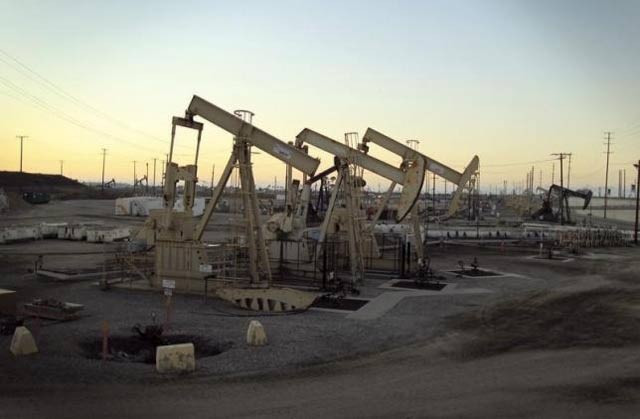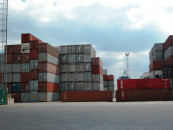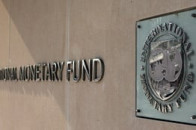Ministry suggests keeping oil stocks for 30 days
At present, oil companies are bound to keep stocks for 20 days only

PHOTO: REUTERS
In an effort to closely monitor the system, the ministry has sought to establish a mechanism to check the commercial stock position of OMCs by introducing an online inventory system and fuel-marker system.
Production boost: Oil sales rise on strong demand from power producers, farmers
At present, OMCs are bound to keep stocks for 20 days and if the new proposal is approved, they will be bound to maintain inventories for 30 days according to their licensing condition.
The policy amendment has been designed in order to stave off any fuel crisis in the future. Pakistan, especially Punjab, encountered acute fuel shortages in January 2015 that led to the suspension of key officials of the petroleum ministry and Pakistan State Oil (PSO) - the state oil marketing major.
Oil stocks are considered a vital part of the defence line in case of an emergency situation in a country. The military establishment had voiced concern at the time of the oil crisis.
Average oil stocks in the country are enough for 14 days of consumption because of the crippling circular debt and in order to avoid inventory losses for the OMCs.
According to a proposal submitted to the Economic Coordination Committee (ECC) of the cabinet, the Ministry of Petroleum said OMCs should enhance the commercial stock and storage levels from the existing 20 days to 30 days of their sales over a period of three years.
The ministry suggested that petroleum dealers should develop an online inventory system in a way that it could be monitored and reviewed at oil depots of the OMCs.
OMCs would facilitate the dealers in establishing the uniform online inventory system.
The ministry proposed that OMCs would add a fuel-marker in high-speed diesel (HSD) to avoid adulteration and recover its costs through their margins within the time period to be specified by the ministry.
The Oil and Gas Regulatory Authority (Ogra) will also develop a mechanism to monitor the stock position, dealers’ online inventory system and fuel-marker system.
The ministry also suggested deregulating the margins of OMCs and dealers on two major petroleum products - HSD and petrol.
In the first phase, the margins on HSD, widely used in sowing of agriculture crops and transport vehicles, will be deregulated whereas in the second phase, the petrol margins will be deregulated to encourage investment.
At present, OMCs are receiving Rs2.41 per litre as margin on petrol and HSD. Dealers are charging Rs3.16 per litre on petrol and Rs2.67 per litre on diesel.
A senior government official revealed that the Ministry of Petroleum had sent a summary to the ECC, seeking approval for increasing the margins by Rs0.11 to Rs2.52 per litre for the OMCs.
OMCs had demanded an increase of Rs0.18 which the ministry turned down, saying the demand was higher which could not be accepted.
Chinese firm keen to set up $2b oil refinery in Sindh
However, the ministry requested the ECC to consider increase in margins of petrol only by Rs0.11 and Rs0.14 respectively for OMCs and dealers under the existing regulated regime.
However, it argued that instead of revising the margins for diesel based on the Consumer Price Index (CPI), these should be deregulated under the government policy of liberalisation and deregulation in a phased manner to boost investment, which would result in enhancing the oil storage capacity in the country.
Published in The Express Tribune, May 30th, 2017.
Like Business on Facebook, follow @TribuneBiz on Twitter to stay informed and join in the conversation.



















COMMENTS
Comments are moderated and generally will be posted if they are on-topic and not abusive.
For more information, please see our Comments FAQ